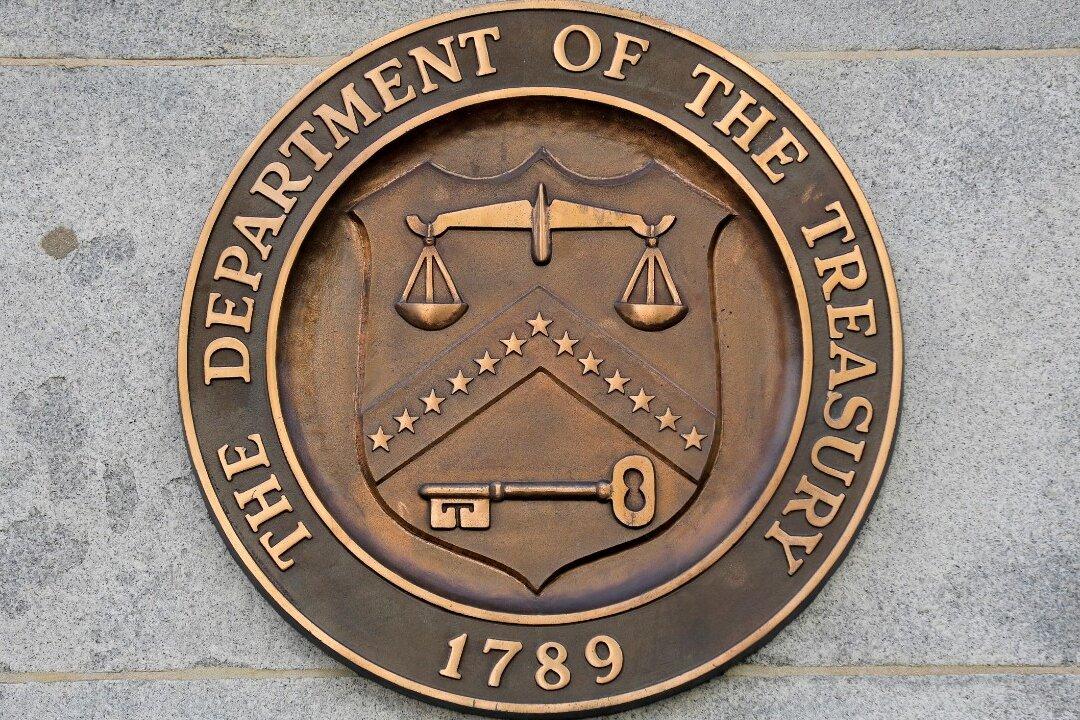WASHINGTON—The U.S. Treasury Department said on Friday it disbursed about $2.9 billion in Emergency Rental Assistance funds to 665,000 renters and landlords during November, putting the program on pace for full-year 2021 obligations of $25 billion–$30 billion.
The Treasury also said it disbursed $1.1 billion to communities deemed eligible for more funds as part of a reallocation process started at the end of September. More than three quarters of these transfers were accomplished through voluntary transfers between communities in the same state.





